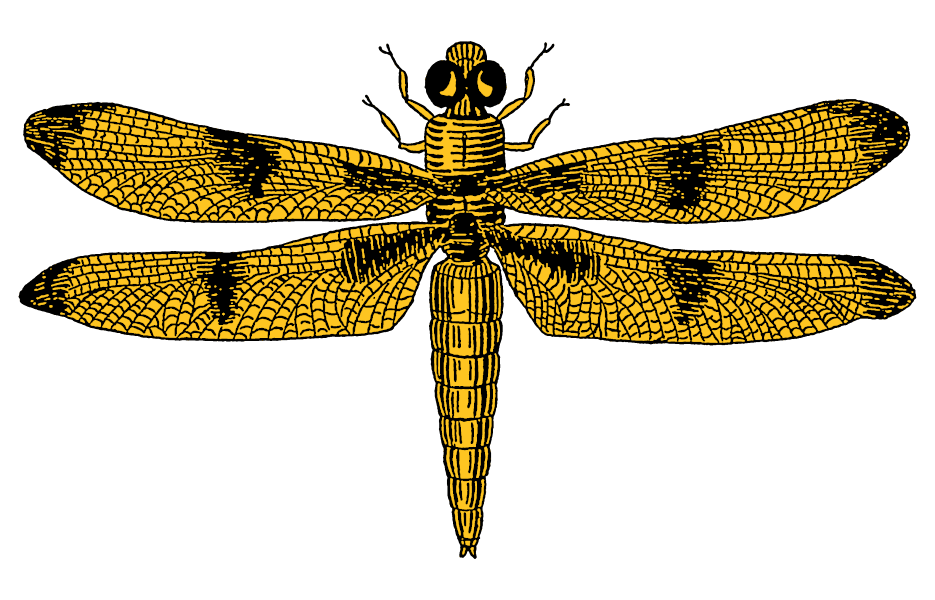You abuse the word.
You have never measured its weight.
You say it with a lightness
that ignores my
twenty-nine year old sister
playing with Barbie dolls
and unable to run her own bathwater
for fear she might scald the skin
off her thighs.
You say it with a lightness
that ignores my family’s celebration
when years and years of work
finally paid off and my sister learned to read
the year her brother, four years younger,
started high school.
You say it with a lightness
that ignores the woman who
would not let her daughter
be near my sister because
she thought my sister’s brain
might be contagious
and you say it with a lightness
that ignores my sister’s furrowed
brow when she overhears the word
you think she does not understand.
You say it with a lightness
that ignores every stare
my fearless sister walks under.
You say it with a lightness
that ignores the boy in my sister’s class
who bruises his temples with his fists
because he is frustrated hunting words
his tongue doesn’t understand how to form:
words like “toothpaste” and “basketball” and
“I don’t know how to tell you my body hurts.”
You say it with a lightness
that ignores the boy in my sister’s class
who dies at twenty-two because his body
was born stamped with an expiration date
sooner than yours and
you say it with a lightness
that ignores my exhausted mother
trying to tell my sister what death is.
You say it with a lightness
that ignores everything else my sister is:
her love of rocking chairs and dancing,
fleece sweaters and Mexican food;
her fear of thunderstorms
and the sound of people fighting.
You abuse the word.
You do not know better
than to disrespect its weight,
but I hope,
after years and years of work,
you too will learn.

